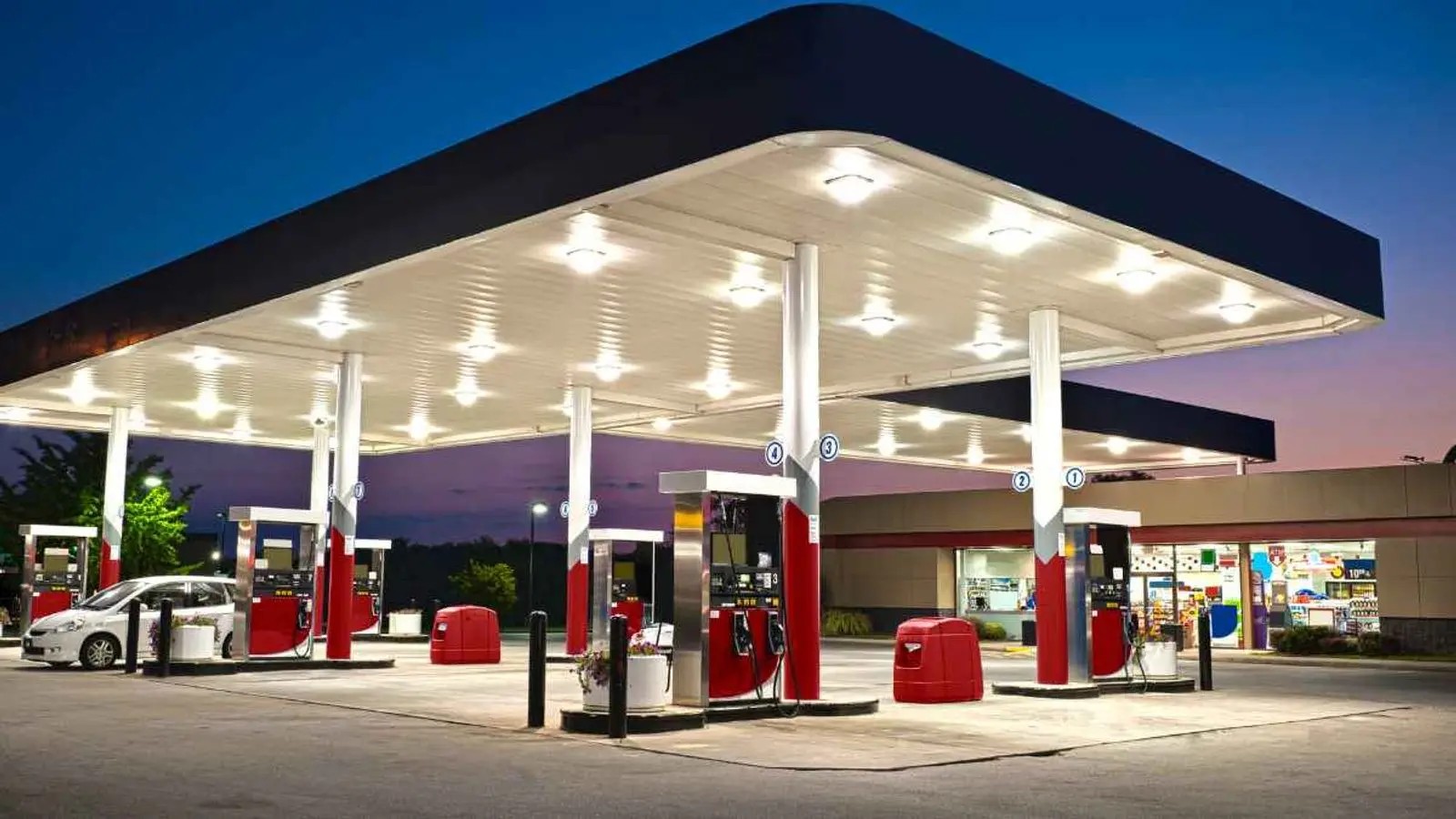The National Petroleum Authority (NPA) has intensified calls for strict penalties against petroleum outlets operating without authorization.
The move is part of ongoing efforts to safeguard consumer safety, prevent illicit fuel trade, and maintain industry standards.
NPA Chief Executive Godwin Kudzo Tameklo has reaffirmed the Authority’s commitment to a robust enforcement campaign targeting illegal fuel retailers.
He outlined that the NPA will intensify efforts to shut down “gao gao” fuel resale outlets operating without proper licenses or safety-compliant infrastructure.
Oil Marketing Companies (OMCs) found supplying these unauthorized dealers will also face severe regulatory sanctions.
To ensure comprehensive enforcement, the NPA is collaborating with the Ghana Police Service, Customs, and the Fire Service in joint operations aimed at inspecting facilities, enforcing licensing requirements, and prosecuting offenders.
The push for tougher penalties by the NPA stems from growing concerns over public safety and market distortion caused by illegal fuel retailers.
Many of these unlicensed “gao gao” outlets operate without proper safety infrastructure, posing serious fire and accident risks, often dangerously close to homes and community spaces.
Additionally, the absence of calibrated pumps means consumers are vulnerable to being overcharged or short-changed, undermining trust in the sector.
These operations also destabilize the market by flouting the Unified Petroleum Pricing Fund (UPPF) framework, which is designed to ensure uniform pricing and fair competition across the country.
To strengthen regulatory enforcement, the National Petroleum Authority (NPA) is proposing key reforms aimed at tightening control over the downstream petroleum sector.
These include the establishment of designated courts to swiftly handle petroleum-related offenses and ensure timely imposition of penalties.
The NPA is also pushing for tougher punitive measures, including steeper fines, license revocations, and the option of criminal prosecution for persistent violators.
These reforms are intended to deter illegal operations and reinforce compliance across the industry.
This issue matters because it directly impacts consumer protection by promoting safety and fair pricing across the petroleum supply chain.
Cracking down on unlicensed operators helps uphold market integrity, ensuring that only compliant Oil Marketing Companies (OMCs) operate, which in turn stabilizes pricing and competition.
Most critically, it addresses public safety concerns by reducing the fire and environmental risks posed by poorly equipped and unauthorized fuel stations operating outside regulatory standards.
In the coming weeks, attention will turn to the National Petroleum Authority’s (NPA) enforcement actions aimed at shutting down unauthorized fuel stations nationwide.
Stakeholders are also watching for potential legislative or judicial moves to establish specialized courts to handle petroleum-related offences, a step that could streamline prosecutions.
Additionally, enforcement outcomes such as public prosecutions, fines, and license revocations by the NPA will be key indicators of the regulator’s commitment to sanitizing the downstream petroleum sector.
Source: Myxyzonline.com





